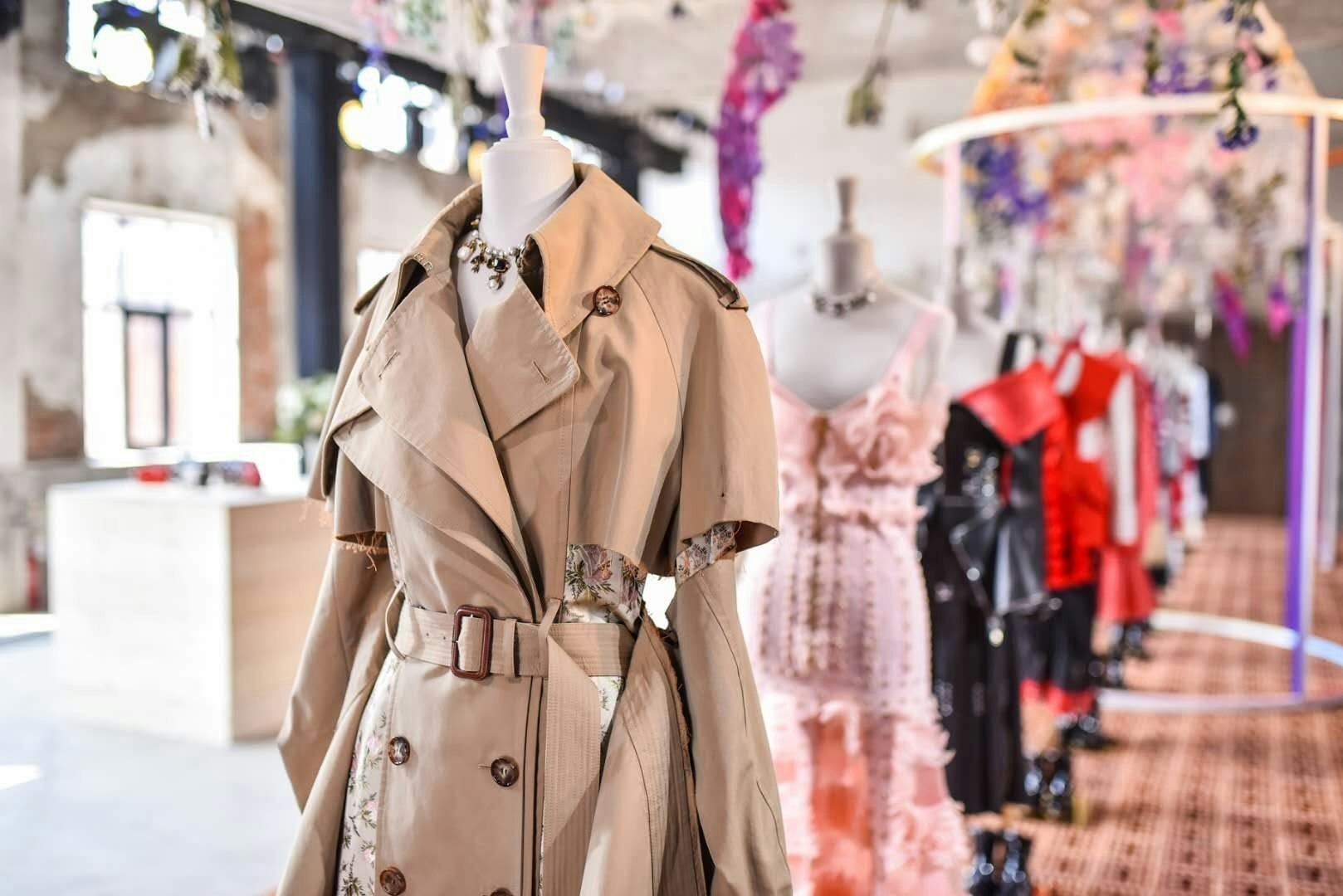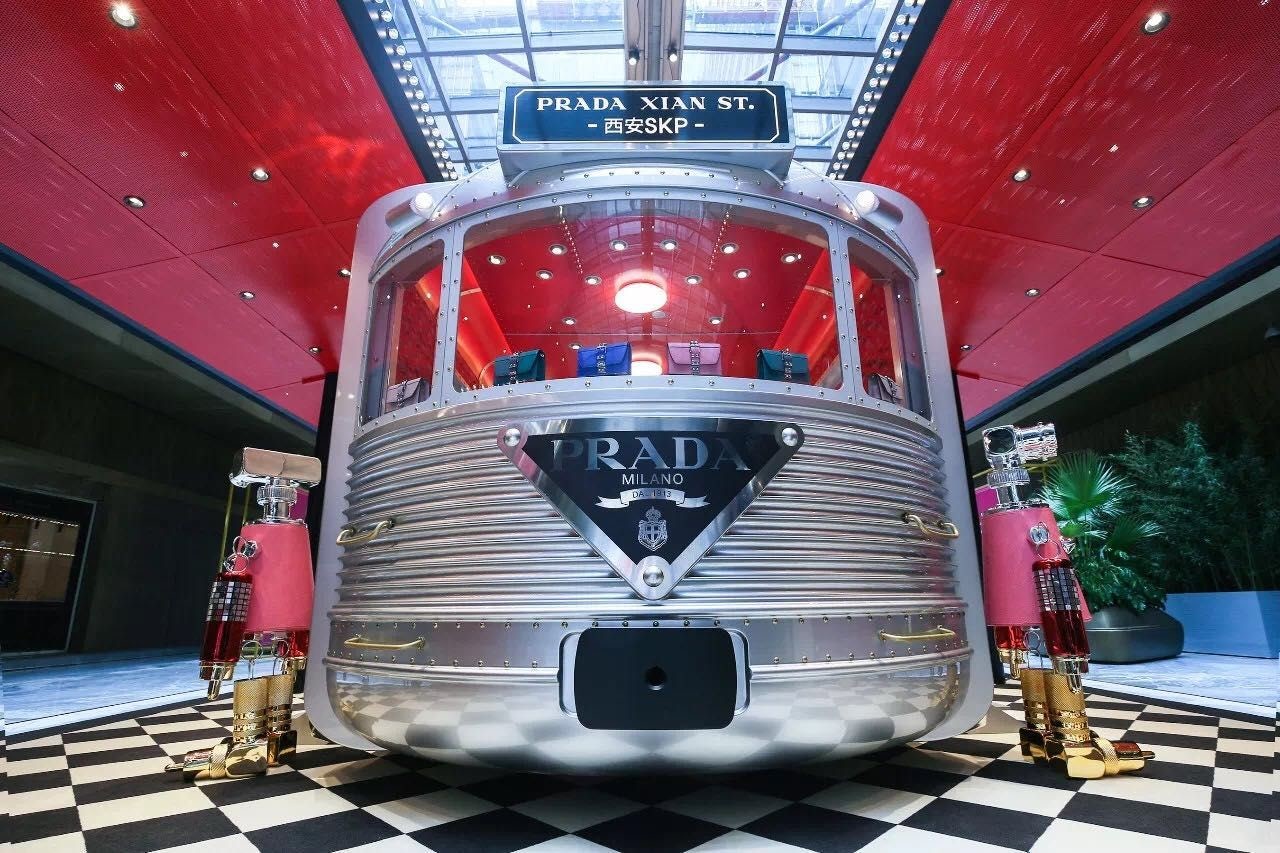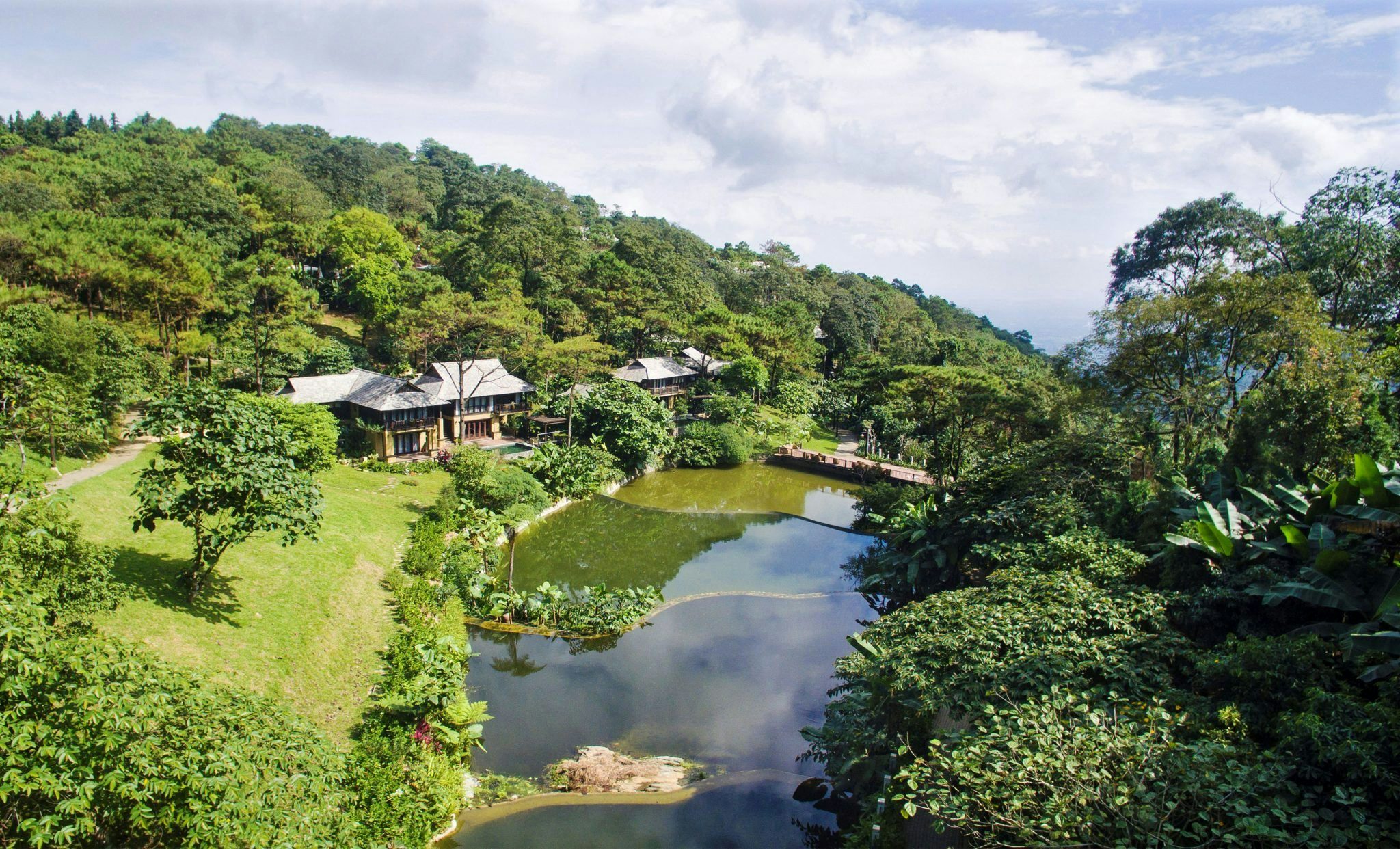Location finder apps are part of a growing space sharing phenomenon in China’s urban areas. From private studios to luxurious yachts, gorgeous rooftop gardens to abandoned factories, tech startups are helping to find the perfect spots for event planners seeking to impress their clients and peers.
In Beijing, hardly a weekend goes by when Chao Hotel isn’t the host of a brand event by the likes of Bally or Versace. Artists take advantage of its spacious and minimalist lower level for gallery shows, while bridal parties make use of its private rooftop pool and salon. Jazz shows and wine tastings lure in city dwellers looking for weekend entertainment. And it’s also, of course, a 180-room boutique hotel.
For Moya Li, founder of Beijing-based startup Location Hunter, Chao is an ideal client. Location Hunter is a platform two years in the making that features a database of thousands of locations across 18 cities, serving as a bridge for about half a million users—including brands, event planners, and consumers—looking for venues for events like weddings, product launches, fashion shows, corporate outings, and birthday parties.
“Chao is positioning itself as one of China’s new lifestyle spaces, and they really like working with Location Hunter because they want to make that change,” Li explains. “Ctrip, for example, is only about helping travelers find hotel rooms. But hotels like Chao want to be more creative and they want to attract the local luxury residents, not just travelers.”
The concept is similar to startups like Splacer, which originally launched in Tel Aviv before expanding to New York in 2015. Splacer gives its users the opportunity to profit from renting out unused workspaces, boutiques, or even spacious homes. In China, too, this industry has taken off, buoyed by consumers’ growing appreciation for trendy interior design; companies like Airbnb and WeWork, whose core philosophy encompasses cutting-edge design, are the standard bearers for this trend.
Beijing-based newcomer Elsewhere offers working professionals, CEOs, and brands access to beautifully decorated spaces through its app, giving them the option to rent for a few hours for a meeting to a full day for a private party.
“Many people loved the idea and they were willing to give it a try,” says Elsewhere founder Fan Yang of the venues he partners with. He describes one Chinese fine dining restaurant in Beijing’s Ritan Park, whose private rooms—normally reserved for lavish corporate banquets—sat empty during the cold weather months. “Many spaces were left under-utilized. … Plus, there are many motivations to either make money or get connected with more people.”
For Location Hunter, Li's motivations to launch the app spun out of a desire for aesthetics. “The avenues that did exist for finding these spaces didn’t really focus on the design or select good locations—they only had basic information which wasn’t very helpful, and they were a bit old-fashioned in how they presented this information,” Li says. Although, she believed, there wasn’t a shortage of willing venues in China’s first and even third-tier cities, “it was difficult to find places that appealed to the more globally-minded younger generation with money to spend.”
Prices for spaces can go as high as 1 million RMB depending on the location and the specific event. Historic sites that are difficult to rent out, like the Forbidden City, are featured on the platform at this price range, alongside rooftop homes at a more affordable 168 RMB per person.
The Chinese market, Li says, is prime for this type of service as consumers seek to upgrade their lifestyle. Luxury brands and PR companies want to use this service too, as the need for top-notch, exclusive experiences becomes more important. Li has worked with the likes of Louis Vuitton, Bulgari, Alibaba and Alexander McQueen.
“Normally you don’t want to do a wedding in the same place as your friend does, and it’s the same in the PR industry—if you’re a luxury brand launching a new product you’re trying to be different, you have to be different,” Li tells Jing Daily. “For corporate events, you want options. They want to discover something new, something cool or a new trend to impress their customers or employees.”


